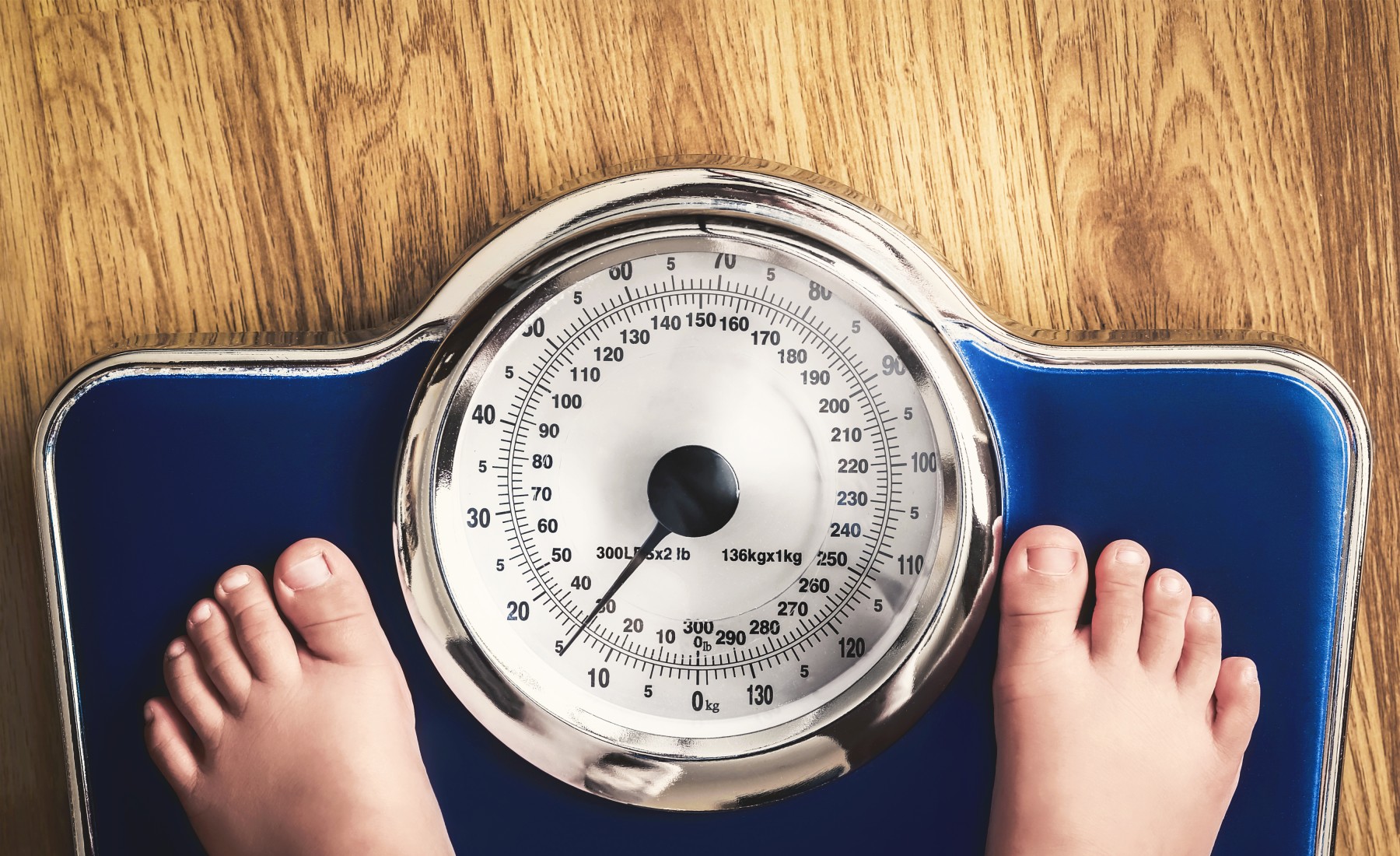
The pandemic might have had a greater impact on our young children’s health than has been realized up to now. The impact came not through children contracting COVID-19 itself, but in the weight that many put on as a result of the disruption that it caused in their lives.
They were forced to stay indoors for long periods of time and to take part in remote learning, which cut down on the access to healthy school meals and organized physical activity. This led to many putting on more weight than they otherwise might have done.
Read More »It also hurts their performance at school.
Researchers at the Yale School of Medicine in New Haven, Connecticut, reached this conclusion after studying information from MRIs in what is the biggest long-term study of child health and brain development in the United States.
New insight
The study puts a new light on the sharp increase in childhood obesity that took place during the first wave of the pandemic when children were confined to home for much of the time.
Not only were routines disrupted, but stress grew, points out Dr. Joseph W. Thompson, president and chief executive officer of the Arkansas Center for Health Improvement. Those factors likely added to consumption of unhealthy food and overeating. Isolation meant that the children spent more time in front of screens. They also had less interaction socially and less physical exercise.
In Arkansas more then one in every four children had a BMI reading that was classified as obese in the 2020-2021 school year, up a staggering 23% from the previous year, Thompson points out in an article in the Arkansas Health Care Journal.
The growth in obesity has resulted in the biggest percentage of children being classified as obese since Arkansas began collecting such information in 2003, he says.
Took place in every state
The Arkansas findings are consistent with those across the country. The Centers for Disease Control and Prevention found that the percentage of people aged two to 19 classified as obese grew from 19.3% in August 2019 to 22.4% a year later when the pandemic hit the nation.
Less healthy brains
Being obese as an adult has already been linked to less healthy brains, says Simone Kaltenhauser, who is a post-graduate research fellow in biomedical imaging and radiology at the Yale School of Medicine. Previous research on children, however, has focused on specific small groups of children or on only one aspect of brain health, she adds.
Kaltenhauser’s research used information derived from MRIs in what is known as the Adolescent Brain Cognitive Development study. That study included almost 12,000 children aged nine to 10 from 21 areas across the country that closely matches the population diversity in the United States.
The researchers excluded children from that study who had significant problems in their brain development, suffered from eating disorders, traumatic injury to their brains, or psychiatric disease. After that elimination, the group in the study included 5,169 children, about half of whom were male and half female.
After adjustments for sex, age, and height, the number of children who were considered obese in the study was between 17.6% and 21%.
White matter affected
The researchers found changes to the structure of the brains of those children who were greater in weight and BMI. They found notable impairment in particularly the white matter in the brain.
It is striking that these changes could be seen early on in childhood, Kaltenhauser says. The researchers were surprised that the impairment was as great as it was, she adds.
The researchers also noted thinning in the cortex, the brain’s outer layer. This factor has been linked to impaired decision-making ability.
The findings in the study showed that higher weight and BMI readings in children aged from nine to 10 were linked to changes in microstructures as well as macrostructures and functional connectivity that leads to poor brain health, notes Kaltenhauser.
The study provides a chance to look for changes that take place in obese children as they grow older, says Dr. Sam Payabvash, a neuroradiologist and assistant professor of radiology and biomedical imaging at the Yale School of Medicine.
Call for future action
Although the pandemic is over, the rise in obesity among children should be a call for action by parents and policymakers, advises Thompson of the Arkansas Center for Health Improvement.
Healthy foods for children should be emphasized. Children should get regular physical exercise, at school and outside of school.
Parents should encourage their children to cut back on screen time and be more active.
In addition, parents should lead by example, Thompson adds. After all, it was not only children who put on pandemic pounds.





